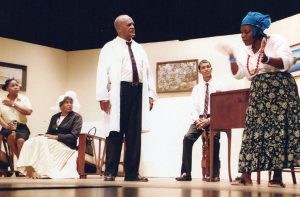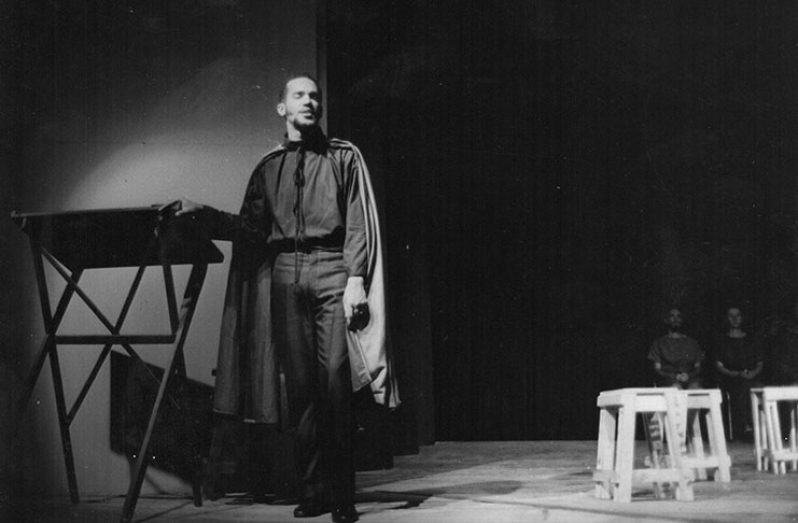By M Margaret Burke
IN his 1994 publication ‘Drama in the curriculum’, writer and theatre expert, John Somers, reported that drama in education is really “the application of an art form which helps young people to develop insights and understanding through searching, planning, shaping and presenting dramatic material can be one of the most thrilling events in school life.”
According to educationalists and drama specialists, “drama is doing”, it says that the essence of drama is understood as “make-believe play”, in which the participant pretends that he or she is someone else, or something else, through role-playing in an imaginary environment. The study added: “When the chosen content is in accordance with curricular goals and objectives, drama may serve as an authentic method in education.”
Somers’ study supported the view that with the help of play, children gain a feeling of control over the complex life issues they confront. Moreover, they learn how to struggle with difficulties and solve problems, justifying dramatic playing as important in a child’s social, creative, cognitive, moral and affective development.
THE SETTING IN GUYANA
Director and actor, Ron Robinson, in discussing the subject of ‘drama in education’, told the Pepperpot Magazine that at one time, all the schools in Guyana were engaged in a bit of drama in the classrooms, and there were even some drama competitions within the schools.
“I even did a bit in the schools in Berbice, in Stanleytown, and they did a piece of ‘Smile Orange’ and they were so enthused and I was hoping that they would continue. They wanted to do the play at the drama festival that was coming up and I told them don’t worry, even if it didn’t come off for the festival, they should keep a group going. And especially those coming up to the time when they were going to leave school, they should get them encouraged and get them involved so that they have another year or two before they leave school, and keep it going so they seemed quite enthused about it,” Robinson said.
“I think that we certainly need to have more drama in schools and one of the reasons is that I think that once the youth gets involved in a play, like those in which some of them face issues – where some of the social issues of the day are focused on; if they get involved in a play of that nature, I think that it would actually mold their minds into something positive.
“You see, when they learn from being involved, in acting out the roles then they realise that it is not quite what they thought it were; it is a more serious matter than that. So I think that could actually educate and make more youths more positive and less leading towards crime, and that sort of thing if there is drama in education,” Robinson asserted.
CASTING WHILE TEACHING
Having taught English Language and English Literature at Central High School for a short while, Robinson said whenever he read a chapter he cast the chapter, using the characters in that chapter with some of the students in the class, which they acted out later, and the rest of the class became the audience, after which there were discussions.
He boasted that as a result of his approach to teaching English literature, he had a massive pass rate in the subject that year because of the drama. “When they asked about character so and so in the play, somebody who had acted it out, they just romped through,” he said. “They were so comfortable with the subject that they did very, very well and so I believe that ‘drama in education’ is something we should look at.”
FROM PRIMARY SCHOOL
He said that from the time children are in primary school, drama can make a big difference in their lives in a very positive way. At the same time, he maintained that if more parents, as well as officials, realise how positive drama can be in the young child’s life then they would give more support to drama in education.
Moving ahead in time, it is hoped that drama would be seen as being an effective, as well as an indispensable tool for education, as well as a tremendous opportunity to enhance the individual growth. Drama can be used to create a learning environment where there is a special focus on group creation while working in unison to discover new things and to create meanings about the world.
Those involved, particularly at the decision-making level, as well as drama practitioners, should be adequately knowledgeable about dramatic contexts, the techniques of drama and the planning process in order to achieve the intended outcomes. Along with these characteristics, once there is appropriate curricular decision-making and knowledge about drama, dramatic methods will hold an essential place in the classroom, Robinson posited.(mercilinburke2017@gmail.com)




.png)









